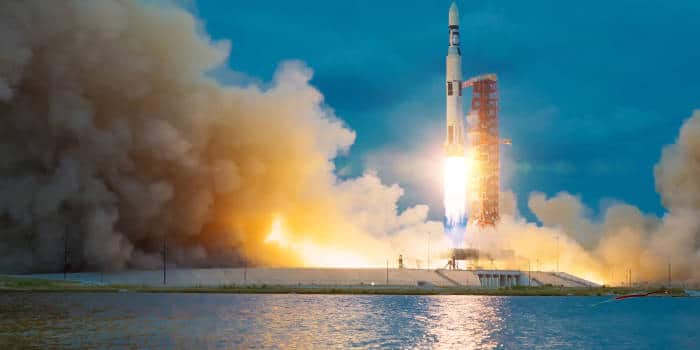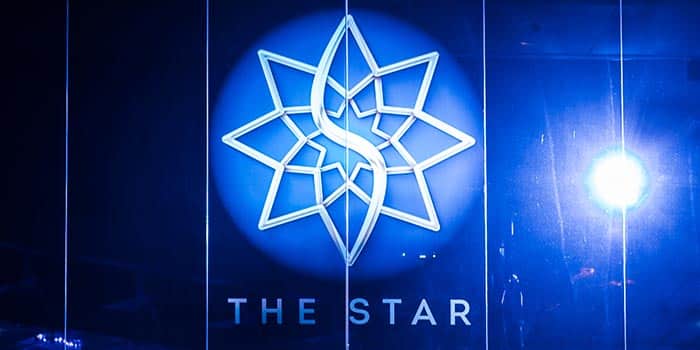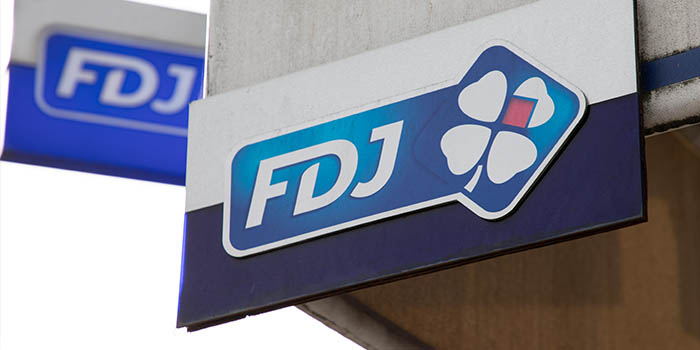- Casino
- By State
- Alabama
- Alaska
- Arizona
- Arkansas
- California
- Colorado
- Connecticut
- Delaware
- Georgia
- Florida
- Hawaii
- Idaho
- Illinois
- Indiana
- Iowa
- Kansas
- Kentucky
- Louisiana
- Maine
- Massachusetts
- Maryland
- Michigan
- Minnesota
- Mississippi
- Missouri
- Montana
- Nebraska
- Nevada
- New Hampshire
- New Jersey
- New Mexico
- New York
- North Carolina
- North Dakota
- Ohio
- Oklahoma
- Oregon
- Pennsylvania
- Rhode Island
- South Carolina
- South Dakota
- Tennessee
- Texas
- Utah
- Vermont
- Virginia
- Washington
- West Virginia
- Wisconsin
- Wyoming
- By State
- Slots
- Poker
- Sports
- Esports
The Integrated Resort Race for Japan Takes Shape

- In light of last year’s enactment of law Japan announces up to three licenses for the development of an IR in the country
- High market worth prognoses draw in bids for large-scale developments by serious contenders
- Osaka and Yokohama estimate attractive economic benefits, embracing the chase, as operations are estimated to commence sometime in the first half of the 2020s
Almost two decades in the making, July 2018 saw Japanese lawmakers enact a legislation allowing the operation of Integrated Resorts in the country. This was seen as a controversial move – which even led to the opposition filing a no-confidence motion against Prime Minister Shinzo Abe – and raised upset responses citing gambling addiction and social disorder as primary concerns.
Yet, the untapped potential of what seems to be one of the last horizons, which has not embraced the large-scale casino market, bears the potential of a promising new market and has drawn the attention of some major players. ¥2 trillion ($18 billion) annually worth of potential, that is.
Expectations and Perspectives for Japan’s Integrated Resort Development
To add fuel to the fire, the high expectations for the Japanese market have become the primary reason for the involvement of such enterprises as Wynn Resorts Ltd. and MGM Resorts International, the magnitude of which has sparked many debates over the new legislation.
#Casino school in #Japan starts training for croupiers in anticipation of integrated resorts https://t.co/SUQkYN3giB
— The Straits Times (@STcom) June 20, 2018
President of Wynn Resorts Japan Development, Chris Gordon, held a press conference for Japanese media last month where he elaborated on the company’s desire to build the “world’s largest” Integrated Resort in either the Japanese capital, Tokyo, or in Osaka or Yokohama. At the conference Gordon acknowledged the growing public concern with gambling addiction and offered arguments to his claim, adding that the Wynn’s $2.6 billion Encore Boston Harbor resort hired 20 additional local police officers.
“Without getting into specifics into what we’d do every day, we’d obviously work very closely with local law enforcement. The Japanese government are the experts as to what elements might be active in Japan. As we are in all our facilities, we would be extremely cooperative and aggressive.”
Non-U.S. companies are also lining up to the perspective to establish an Integrated Resort. Hong-Kong-listed casino giant Melco Resorts and Entertainment Ltd. is also rumored to be taking part in the bid for one of the three licenses, competing with Genting Singapore Ltd.
Japan’s Views on the Future
At this point, Japanese officials have presented a rough outline of how they intend on handling matters related to addiction. Japanese nationals attending these venues would be charged a ¥6,000 entrance fee and will be limited to 10 visits per month. That is 3 casino visits per week, at most.
The rest the preventive measures for handling the problematic aspects of gambling remain to unfold, but it is quite likely that cutting edge software solutions will come into play.
For now, 40 local governments have withheld from participating, but Tokyo, Hokkaido, Osaka and Yokohama, as well as the prefectures of Wakayama and Nagasaki are also entering the race.
Related Topics:
Rachael is a veteran gaming journalist with over 9 years of writing experience but has only just started within the gambling industry. She has built a keen interest within the iGaming sector over the years from exposure at events and intends to translate her passion into publications here at GamblingNews.com to keep our readers updated with the latest developments.
Must Read
Business
June 24, 2025
The Star Overhauls Team with Multiple Appointments
More Articles




